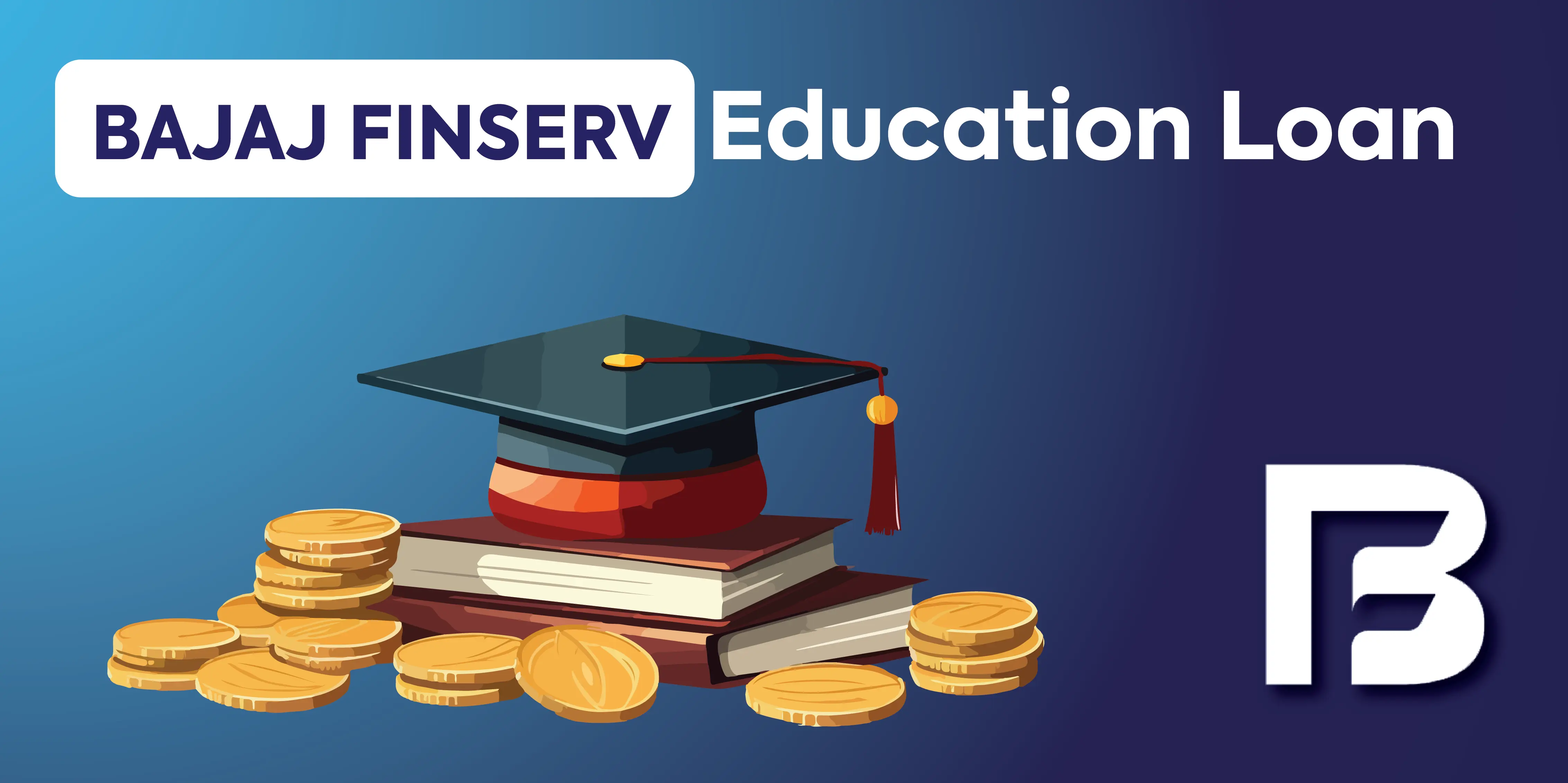https://www.wemakescholars.com/blog/abroad-education-loan-without-security-private-banks-vs-nbfcs
Education Loan from NBFCs vs Private Banks - Which is Better in 2025?
Private Banks/NBFCs | Updated on ()

A major percentage of students who do not have any collateral security to take a loan against it, opt for private education loans without collateral.
Private banks and non-bank financial companies (NBFCs) are the two primary lenders of private education loans without collateral, through which an education loan of up to 60 lakhs can be availed.
These private lenders do not need students to put up any form of security as collateral for the loan; nonetheless, the co-applicants' income and creditworthiness are important factors in determining whether or not they are qualified for this type of loan.
But, the question you may ask is which one is better for unsecured education loans, NBFCs, or private banks? So, don't worry, this article will give you a detailed comparison of the unsecured education loan details of both the private lenders.
How are NBFCs and Private Banks different
Non-Banking Finance Companies
A non-Banking Financial Company or NBFC is authorized to conduct transactions similar to a bank, like lending abroad education loans without security, insurance policies, etc. However, they do not hold a banking license. This means that they cannot perform the following activities that banks can.
- They cannot accept Demand Deposits.
- They cannot issue cheques drawn on themselves.
- They cannot indulge primarily in Agricultural, Industrial activity, sale-purchase, construction of an immovable property, etc.
- They can provide banking services to people without holding a banking license.
All of the above points may have made it clear to you why NBFCs majorly provide unsecured education loans.
Private Banks
Private banks like Axis Bank, ICICI Bank, etc, are essentially private financial institutions that offer banking services to the public. A major percentage of shares in private banks are owned by private companies rather than the government. Their way of functioning is more or less similar to public/government banks.
The main objective for which NBFCs are established is to grant credit to the poor section of the society, whereas the banks are the financial intermediaries authorized by the government to receive deposits and grant credit to the public. NBFCs are regulated by the Reserve Bank of India.
From a student's perspective, there is not much difference when it comes to education loans. They both offer unsecured education loans and have somewhat similar offerings. There are 4 NBFCs that provide unsecured education loans to students.
The above list has been compiled in the order of their age in the market. Our team at WeMakeScholars works with all of them.
Benefits of taking unsecured education loan from private lenders
Procedure-wise, unsecured education loans provided by private lenders are easy. Securing an abroad education loan without security from NBFCs and private banks is an easier process when you compare it with the education loan procedure of nationalized banks and PSUs.
Some of the factors that make obtaining education loans from private banks and NBFCs easier are listed below.
- Faster & easy disbursement:
Since an abroad education loan without security does not require students to pledge collateral security of any kind while applying, the disbursement process of a non-collateral education loan from NBFCs becomes much faster. This means that additional procedures like obtaining a legal opinion from a lawyer and getting the property evaluated by a competent authority are skipped. To sum it up, the disbursement of a non-collateral education loan from NBFCs does not exceed more than a week. - Less paperwork:
In the case of an abroad education loan without security, where there is no security involved, the amount of paperwork that is to be done by the candidates and the NBFCs automatically comes down. Hence, this speeds up the process as well. - Elimination of Loan Margin:
An abroad education loan without security from NBFCs generally funds 100% of a candidate’s higher studies. This means that there is no loan margin set for education loan applicants by NBFCs.
Difference between NBFCs and Pvt banks:
Now that you know the basic difference between NBFCs and private banks, in order to know which lender is better, we will compare their loan terms on the following factors.
- Education loan interest rate
The interest rates offered by NBFCs can be slightly higher as compared to those offered by private banks. However, the education loan interest rates of NBFCs for unsecured education loans are variable, depending on the quality of a student’s profile.
|
Lender |
Interest rates |
|
Private banks |
10% and above |
|
NBFCs |
11%-13.5% |
- Education loan amount
The maximum loan amount offered by NBFCs and private banks depends on the country and the university, respectively. While both NBFCs and private banks fund courses in major countries like the USA, Canada, Australia, etc, private banks have a list of universities with them only for which they approve an unsecured loan.
For example, an NBFC can provide an unsecured education loan of up to 60 lakhs to a student going to the United States, but only 20 lakhs to a student going to Germany.
Likewise, a private bank can provide an unsecured education loan of up to 40 lakhs to a student going to a top university, and only up to 20 lakhs for an average university.
- Eligible courses
When it comes to funding courses abroad, there is a major difference between the policies of NBFCs and private banks. While NBFCs do not fund UG courses at all, private banks do fund UG courses if it's from a top university.
How do you know whether your chosen university falls under the private bank's university list or not? Get in touch with our team at WeMakeScholars, we work with all major private banks and have access to their prime university list.
Conclusion
Rest all factors like moratorium period, repayment terms, etc, are more or less similar. To answer your question, which is better for unsecured education loans, private banks, or NBFCs? The answer would be Private banks if your loan requirement is under 40 lakhs.
Now don't get us wrong, NBFCs are also a good option per se, it is just when compared to private banks, private banks take the lead. Private banks offer education loans to even for UG courses abroad, a little relaxed about students' age, can get education loan without co-applicant in a certain bank, tax benefits, etc.
It is very important to make an informed decision when you fund your higher studies with education loans. The financial team at WeMakeScholars understands this concept and accordingly provides assistance to all our students. Request a callback today to avail our help and assistance with your education loan process.




Kindly login to comment and ask your questions about Scholarships & Education Loans